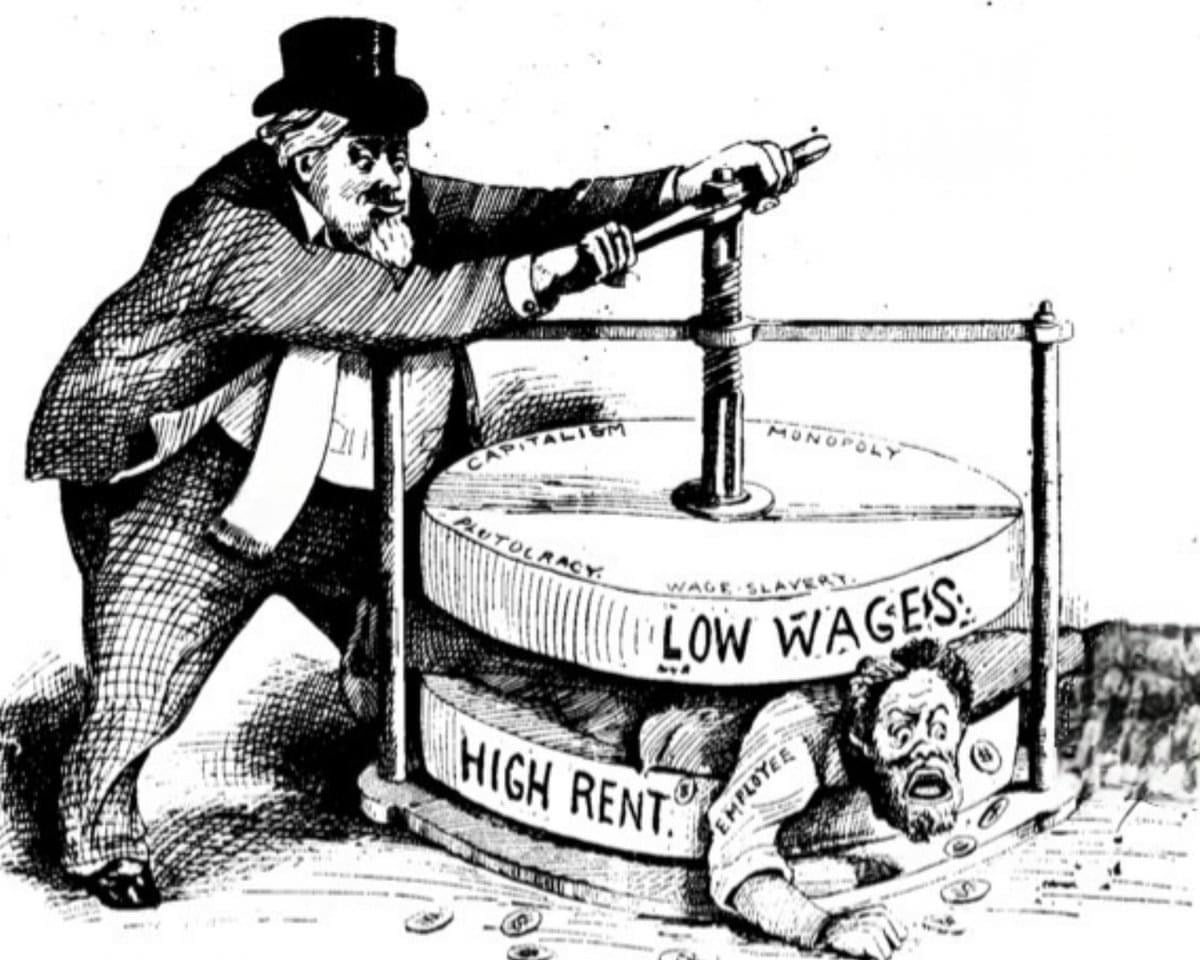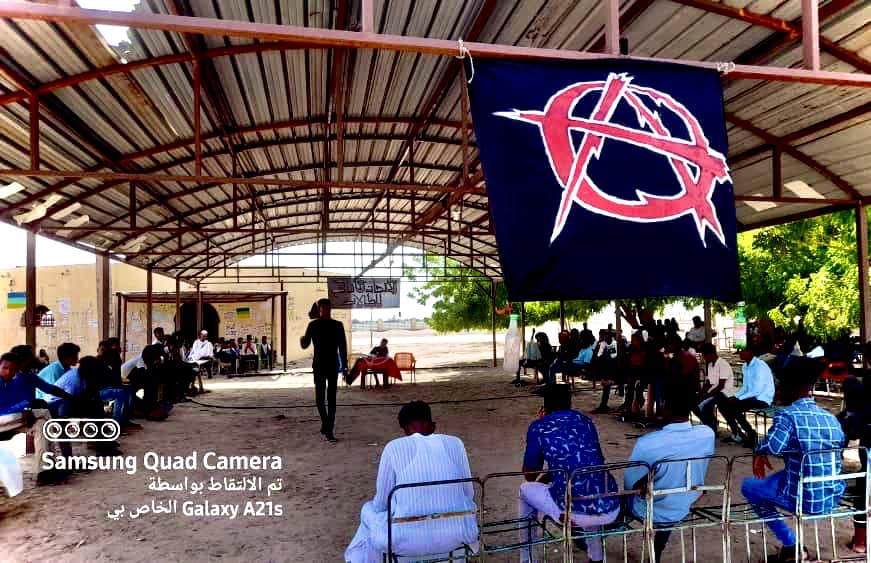The Black Lives Matter campaign in the USA and UK has brought the abominable treatment of black men in the criminal justice system into focus. The View has conducted a survey in order to look at the injustices faced by minoritized women in contact with the criminal justice system.
The View Magazine has worked with charities, civil society actors, researchers and campaigners, to publish the findings of a survey in this report in order to highlight the experiences of BAME women who have experienced domestic abuse in the criminal justice system and been unfairly ignored. The View is a platform that brings the voices of women in the criminal justice system to the attention of wider society, in which they are otherwise silenced.
We are Invisible, published by The View Magazine highlights the high proportion of women from Black and minority ethnic backgrounds who experience domestic abuse and who enter the criminal justice system. However, services appear to be ignorant about the specific issues they experience and subject them to racism and discrimination. One example is the that the front page of Refuge’s website (17.6.2020) depicted only images of white women who have been killed by their partners, erasing women of colour’s experiences with domestic abuse. Intersectionality is not reflected in domestic abuse public campaigns. We are all complicit, by funding organisations that are erasing the significance of these women’s lives and deaths.
The survey which received over 300 responses, presents the results of 107 appropriate participants who had experienced domestic abuse and the criminal justice system. Questions include: did you have a pre-sentence report? Was domestic abuse/mental health/ substance abuse raised within it? Did the judge read it and was it taken into consideration? The report shows not only the yes / no answers, but also specific examples and case studies provided by some of the women who took part in the survey. Respondents were asked about their experiences of physical, sexual or mental abuse, both in prison and/or their wider community, who the perpetrators were and if they received support afterwards.
The report brings to our attention the fact that women are being ignored by services that are meant to help them, and that they have also been neglected by statistics recorded by mainstream organisations. The data recorded by these organisations is not accurate and minoritized women are not being protected by the safety net of services. Moreover, BAME led services have been disproportionately affected by funding cuts, falsely reported as a knock-on effect of austerity. This is an example of state oppression, or the abuse perpetrated by the state that is referenced in the report, describing how the state is complicit as white-led services are funded, fully aware that these services are not able to deal with trauma and transnational issues many minoritized women have to deal with.
This is evident in continued bad practise by Refuge, which has a multimillion-pound contract to run the 24/7 Domestic Abuse Helpline; while the number is available to prisoners, they cannot actually make use of it because the menu options are disabled on prison pin phone systems. This issue has been raised repeatedly by The View to Refuge and also to the Domestic Abuse Commissioner Designate Nicole Jacobs, but it appears that neither the State, its commissioner or the charity funded to provide such support actually care about women who are imprisoned. Access to the helpline for women prisoners is not a priority for those who claim to want to help all women, when in fact they could be accessing much-needed support while they are imprisoned.
The survey addressed many issues such as how black women are more likely to receive a prison sentence than their white counterparts. It also raises questions about why judges are so eager to commit non-violent women to custodial sentences. In order for women to have fairer justice solutions, we must defund the criminal justice solutions and encourage more community-based solutions. Currently, custodial sentences are not considered the last resort, as they should be, and 82% of women are still being given prison sentences for non-violent offences. We must question both our sentencing framework and wider society’s consent, if our first answer to a non-violent offence is to imprison someone, leading to stigma which ostracises and prevents access to services forever.
We must also consider the high prevalence of mental health issues faced by women, and in particular, women in prison. This can be caused by negative experiences during arrest, immediately after their arrest or during admission to prison; times in which women are especially vulnerable. During time in prison, legal proceedings can also have an impact on mental health such as court dates or parole hearings.
We must address the ways in which disbelief of women’s experiences and abuse is becoming normalised and has had wide ramifications for a woman’s psychological security. The report ends by holding accountable the industries and institutions in which change must begin, Ministry of Justice and Her Majesty’s Prison and Probation Service, the Crown Prosecution Service, the police and the Third Sector. It makes specific recommendations and will begin to petition parliamentarians and international oversight and OPCAT bodies to press for the changes required.
Download your copy of the report here.
This text was written by The View Magazine








